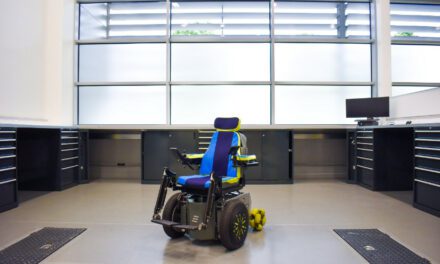Dr Kevin Flanigan from Nationwide Children’s Hospital has treated two patients with gene therapy that carry the Duplication 2 mutation, a very rare Duchenne muscular dystrophy (DMD) mutation, CureDuchenne reports.
CureDuchenne funded Dr Flanigan’s very early work on this research in 2010, by first funding the mouse model and continuing funding through the pre-clinical phase of development.
Two boys recently received the first one-time dose of a gene therapy vector designed to induce exon skipping as a treatment for DMD. This was under a clinical study conducted at Nationwide Children’s Hospital directed by Megan Waldrop, MD, principal investigator in the Center for Gene Therapy.
This novel adeno-associated virus (AAV) vector was developed in the laboratory of Kevin Flanigan, MD, director of the Center for Gene Therapy. The vector carries several copies of a non-coding small nuclear RNA gene that has been modified to target exon 2, resulting in the exclusion of that exon during the assembly of the messenger RNA that encodes dystrophin. The goal is to treat boys with the most common duplication mutation in the gene, a duplication of exon 2, according to a media release from CureDuchenne.
“In our mouse model with exon 2 duplication, the virus results in very robust expression. Having worked on the development of this approach for years, we are gratified to see it finally used in boys with DMD.”
— Dr Kevin Flanigan
The study involves the systemic (intravenous) delivery of the viral vector into DMD patients with a duplication of exon 2 in the DMD gene. As a phase I/IIa study, the safety and potential effectiveness of the therapy is being evaluated.
“The progress of this clinical trial is encouraging, and we look forward to sharing the results of the study in the future. We are grateful for the confidence these dedicated foundations have placed in us and the funding support we’ve received from Audentes.”
— Megan Waldrop, MD
[Source: CureDuchenne]
Related Content:
Gene Therapy Trial in Duchenne Kids Suggests Functional Improvement Gains
Gene Therapy Appears to Halt Duchenne Muscle Deterioration





